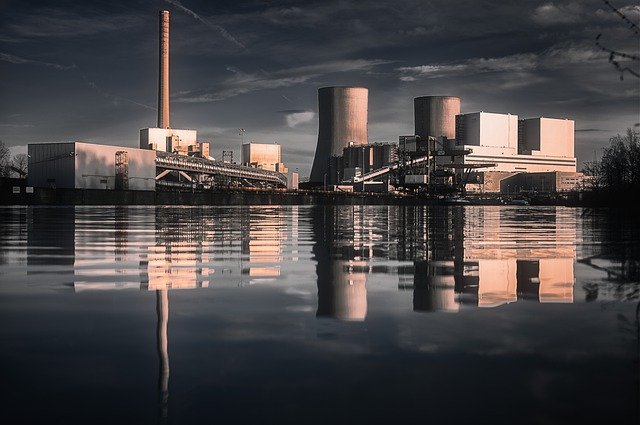Direct Air Capture (DAC) is a carbon capture and storage (CCS) technology that aims to reduce greenhouse gas emissions by removing CO2 from the atmosphere and storing it underground or using it for enhanced oil recovery (EOR). CCS technology captures CO2 emissions from power plants, industrial processes, and other sources, and then transports and injects the CO2 into underground geological formations for long-term storage. DAC works by capturing air and separating CO2 from it, which can then be stored or repurposed.
Leading companies in the development of DAC technology, such as Occidental Petroleum (Ticker: OXY) and Exxon (Ticker: XOM), have started investing in this technology, but it is a costly endeavor, requiring a consortium of large companies to design, finance, build, and operate the plants. The cost of this technology has been reduced significantly with the help of taxpayer subsidies provided by the Inflation Reduction Act (IRA). The act provides enhanced tax credits to companies that participate in CCS projects, offering a $85/tonne credit for sequestering CO2 from a source and a $180/tonne credit for sequestrating CO2 from the air.
However, some view DAC as just another taxpayer grift for oil and gas companies, as the enhanced tax credits provide a huge boost to the revenue line, making it a lucrative business for the companies involved. Companies such as Occidental Petroleum can use these agreements to obtain financing to build out their DAC fleet, preserving a portion of the credits to sell or trade in the broader market.
As an aside, carbon sequestration may also create a financial windfall for royalty owners who own carbon sequestration rights. Carbon sequestration rights refer to the ownership or control of the rights to store CO2 underground CCS technology. By owning carbon sequestration rights, individuals or organizations can effectively control the storage of CO2 and potentially gain a “royalty” for it’s storage. Royalty companies like Natural Resource Partners (Ticker: NRP) are known to own carbon sequestration rights.
The legal and regulatory framework for carbon sequestration rights is still evolving in many jurisdictions, and there are various issues related to liability and responsibility for the long-term storage of CO2 that need to be addressed. However, as the world continues to look for ways to reduce emissions and mitigate the impacts of climate change, carbon sequestration rights and CCS technology are becoming increasingly important.



